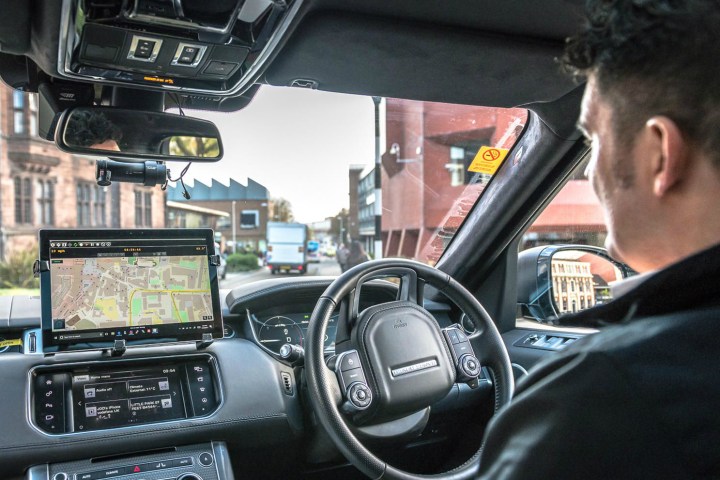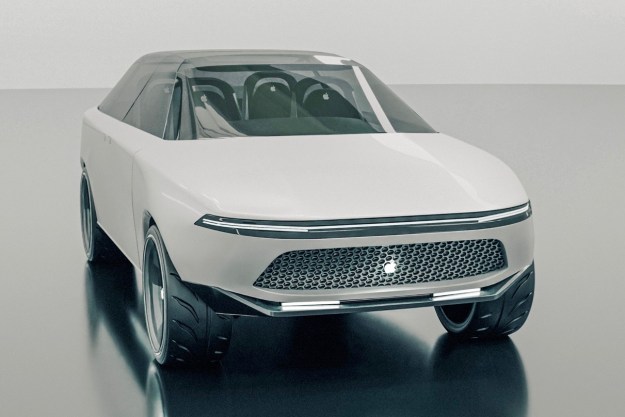
The vehicles are based on Jaguar’s Range Rover Sport. Most driverless cars go pretty heavy on the hardware, but Jaguar’s model is a bit more subtle. It features sensors on the bumpers, and a roof rack on top of the car. To ensure the safety of other drivers and pedestrians, a human driver is always behind the wheel, in case intervention is required.
Jaguar has said that it plans to continue these tests throughout 2018 while its engineers work on refining and improving the underlying technology. A release date for these cars has not been announced, but Jaguar hopes driverless cars will be a reality within the next decade.
“Jaguar Land Rover is proud to be a leader in collaborative research projects for autonomous and connected cars,” said Jaguar’s Nick Rogers. “We are supporting innovative research that will be integral to the infrastructure, technology, and legal landscape needed to make intelligent, self-driving vehicles a reality within the next decade.”
British politicians are committed to making the transition to driverless cars as easy as possible, hoping to benefit from a market estimated to be worth $1.2 trillion by 2025.
Jaguar is hardly the only company seeking to create driverless cars, of course. Numerous major auto manufacturers and tech companies have begun work on driverless cars. Alphabet’s Waymo has teamed up with ride-sharing service Lyft and has been in talks with traditonal auto-makers. Not to be outdone by its rivals, Uber has begun work on its own fleet of self-driving cars.
While much of the news around self-driving cars has focused on tech companies, it’s important to keep in mind that this is still about producing cars, and a recent study indicates that Detroit, not Silicon Valley, is leading the way. This makes sense when you consider the fact that it’s easier for companies like Ford to adopt self-driving technology than it is for Alphabet or Uber to produce thousands of cars.
Editors' Recommendations
- Tesla Autopilot vs. full self-driving: What’s the difference?
- Cruise autonomous vehicle drives over woman just after she was hit by another car
- Cruise says it’s nearing approval for mass production of futuristic robotaxi
- Waymo taps the brakes on its autonomous-trucking project
- Volkswagen is launching its own self-driving car testing program in the U.S.


